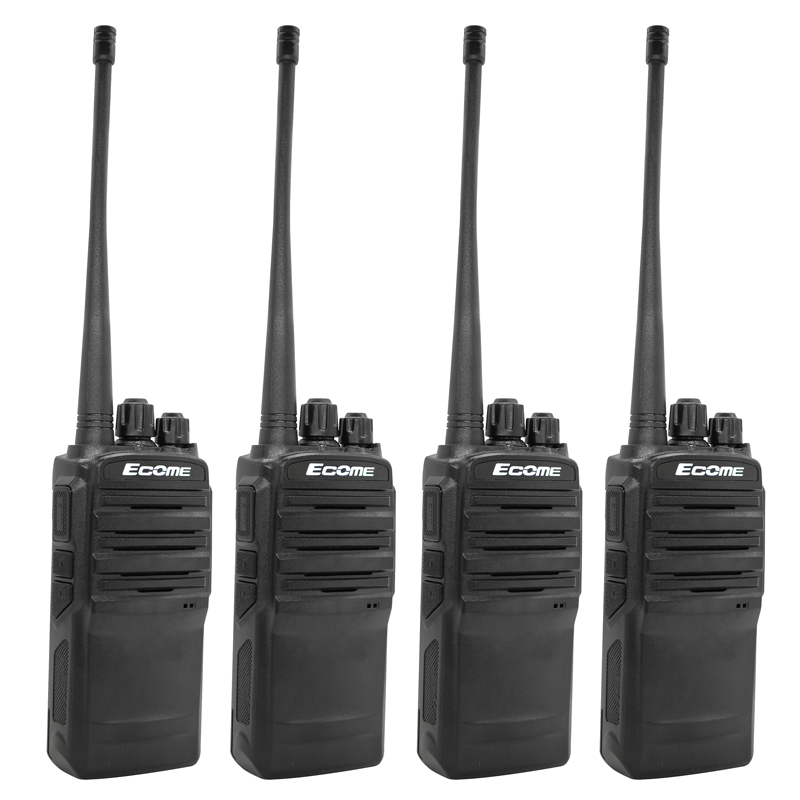In today's fast-paced world, effective communication is crucial for success in various industries. While modern technology has introduced numerous communication tools, radios remain a reliable and efficient means of communication in many scenarios. This article explores the different applications and benefits of using radios for communication, highlighting when and how they can be effectively utilized.
- Emergency Services and Public Safety:
Radios play a vital role in emergency services and public safety sectors. During critical situations, such as natural disasters or accidents, radios enable instant and reliable communication between first responders, law enforcement agencies, and other relevant parties. The real-time exchange of information allows for coordinated efforts, quick decision-making, and efficient resource allocation, ultimately saving lives and minimizing damage. - Construction and Industrial Sites:
In construction and industrial settings, where workers are spread across large areas, radios provide a means of seamless communication. They enable supervisors to relay instructions, coordinate tasks, and address safety concerns promptly. Radios also facilitate immediate response to emergencies, reducing the risk of accidents and ensuring smooth operations. Additionally, radios equipped with advanced features like GPS tracking enhance worker safety and enable efficient resource management. - Event Management and Hospitality:
Radios are indispensable tools for event management and hospitality industries. Whether it's a large-scale conference, music festival, or hotel operations, radios enable effective communication between staff members, ensuring smooth coordination and seamless customer service. From managing logistics to addressing guest requests, radios provide instant and discreet communication, enhancing overall efficiency and customer satisfaction. - Outdoor Recreation and Adventure:
Radios are widely used in outdoor recreational activities, such as hiking, camping, and adventure sports. They serve as a reliable communication tool in remote areas where cellular networks may be unavailable. Radios allow individuals or groups to stay connected, ensuring safety and facilitating coordination. Whether it's a group of hikers exploring a trail or a team of climbers scaling a mountain, radios provide a lifeline for communication and emergency assistance. - Transportation and Logistics:
In the transportation and logistics industry, radios are essential for efficient coordination and timely delivery of goods and services. They enable communication between drivers, dispatchers, and warehouse personnel, ensuring smooth logistics operations. Radios help overcome challenges like traffic congestion, route changes, and unforeseen circumstances, allowing for quick decision-making and effective problem-solving.
Conclusion:
Radios continue to be a valuable communication tool across various industries. From emergency services to event management, construction sites to outdoor adventures, radios provide reliable and instant communication, enhancing safety, efficiency, and coordination. By understanding when and how to utilize radios effectively, organizations can optimize their communication strategies and achieve better outcomes in their respective fields.




More Stories
Smart Dynamic Cycling Helmet with Warning Lights for Real Roads
JK durable OLED screen for phone repair: Troubleshooting "Black Screen" and flex cable connection issues
Reducing Line Losses and Enhancing Efficiency with Sun.King Capacitors for AC Railway Power Networks